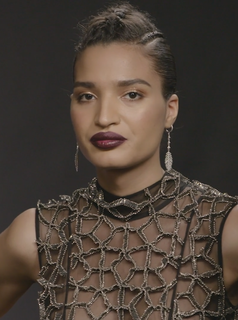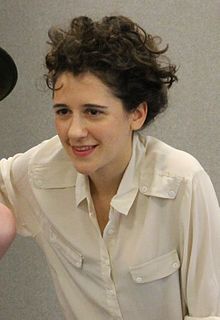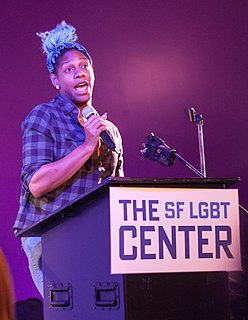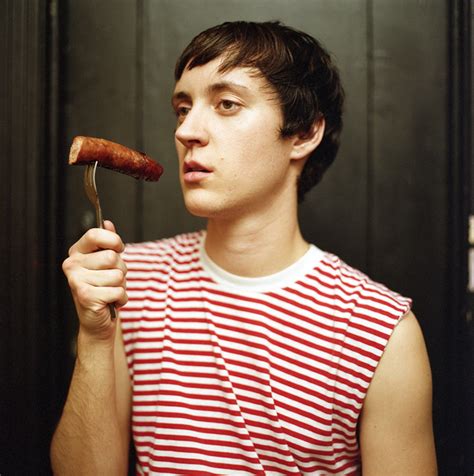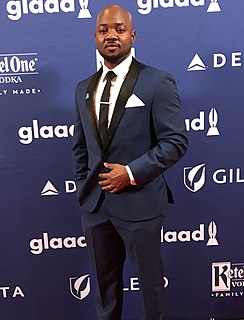A Quote by Indya Moore
As a black woman of trans experience, my position in this society leaves me really no choice but to stand for the intersectional identities I hold.
Quote Topics
Related Quotes
Trans voices are really underrepresented, and trans stories are really underrepresented, and when they are presented, they're often reductive. I was interested in putting a trans person and a trans narrative on stage that didn't fall into cliché, that thought a bit more deeply about the experience of being trans, and how those issues tie into things that we all experience. How we tell the story of our lives, versus what might have actually happened, and how we communicate to our former selves. All of those questions were really interesting to me.
You are a white. The Imperial Wizard. Now, if you don't think this is logic you can burn me on the fiery cross. This is the logic: You have the choice of spending fifteen years married to a woman, a black woman or a white woman. Fifteen years kissing and hugging and sleeping real close on hot nights. With a black, black woman or a white, white woman. The white woman is Kate Smith. And the black woman is Lena Horne. So you're not concerned with black or white anymore, are you? You are concerned with how cute or how pretty. Then let's really get basic and persecute ugly people!
While I might not have a specific experience that is fully American, there is still a knowledge, something that I logically understand as a black woman and a black woman who is existing in America and a black woman who is in the diaspora that are just known quantities that I think anyone can relate to who is black.
I think it's really important to champion stories from trans women and trans women of color. That demographic has gone unheard and unsupported for so long, and it's really the community that's struck the hardest by a lot of issues. I try to do a lot of work to champion trans feminine issues and stories, but that said, I do have a personal and deep investment in seeing trans masculine stories reflected in culture. It is a little disappointing to me that trans men and trans masculine people have not really been part of this media movement that we're experiencing right now.
Obviously, the real issue has nothing to do with fear itself, but, rather, how we hold the fear. For some, the fear is totally irrelevant. For others, it creates a state of paralysis. The former hold their fear from a position of power (choice, energy, and action), and the latter hold it from a position of pain (helplessness, depression, and paralysis).
I am transgender, so 'he' is not appropriate and 'she' is problematic. I haven't been one to wage war with society to force people to address me a certain way. I let people make that decision for themselves. I don't identify as a man, so 'he' is silly in a way. Being called 'she' as a trans person, trans in the sense that I'm trans, is to be honoured in an aspect of yourself.
